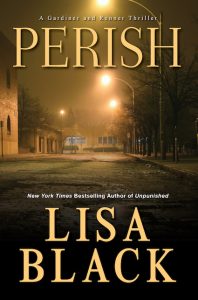Within the next couple of days Writers’ Police Academy Online will officially open registration for the daylong seminar called “Mystery and Murder: Transforming Reality into Fantastic Fiction.” This incredible, one-of-a-kind event is scheduled to take place on December 5, 2020.
In the meantime, we’re hard at work adding the finishing touches—bells, whistles, and shiny doodads—the brand new website. I’m anxious for you to see it.
I’ll announce in advance, on social media and on this website, when the site will go live. When it does, registration will also be live and you may immediately sign up.
As always, the quality of our programs is more important than selling a gazillion seats; therefore class size is extremely limited to allow a better learning experience for all. Registration is on a first-come, first-served basis and will close when the maximum number of attendees sign up.
The exciting December session, featuring #1 International Bestselling Author Tami Hoag and top forensics and crime scene investigation experts Dr. Katherine Ramsland, Lisa Black, and Lisa Provost, is live and interactive. Instructors will deliver their presentations and respond to questions in real time using Zoom. Class size is limited and seats will be filled on a first-come, first-served basis.
Again, registration for this fabulous and unique online event is coming within the next couple of days, so please watch for the announcements!
Mystery and Murder: Transforming Reality into Fantastic Fiction
When: December 5, 2020
Classes and Instructors:
Not Just the Facts, Ma’am
How to take all your newfound knowledge of police and forensic work and carefully weave it into the tapestry of your story.
Instructor, #1 International Bestselling Author Tami Hoag
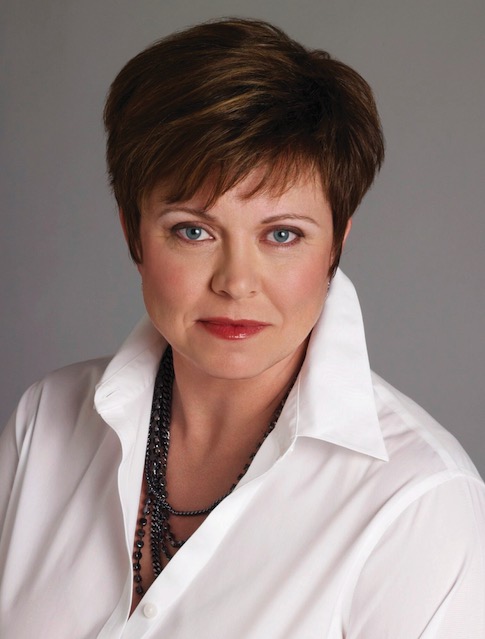
Tami Hoag is the #1 International bestselling author of more than thirty books published in more than thirty languages worldwide, with more than forty million books in print. Renown for combining thrilling plots with character-driven suspense, crackling dialogue and well-research police procedure, Hoag first hit the New York Times bestseller list in 1996 with NIGHT SINS, and each of her books since has been a bestseller, including her latest, THE BOY. She lives in the greater Los Angeles area.
Sleuthing the Clues in Staged Homicides
Death scenes have been staged in a variety of ways, and it takes an observant investigator to spot the signs. It might be a 911 call, an inconsistency between the scene and the narrative, an uncharacteristic suicide note, or a distinctive signature that signals something not quite right. Some set-ups have been ingenious! Ramsland uses cases to illustrate actual staged scenes, and describes the types of skills investigators need to be able to spot and reconstruct staged incidents.
Instructor, Katherine Ramsland
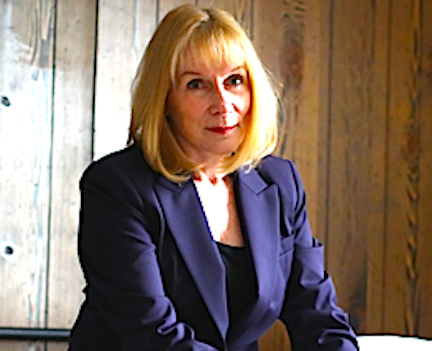
Katherine Ramsland is a professor of forensic psychology at DeSales University in Pennsylvania, where she also teaches criminal justice and serves as the assistant provost. She holds a master’s in forensic psychology from the John Jay College of Criminal Justice, a master’s in clinical psychology from Duquesne University, a master’s in criminal justice from DeSales University, and a Ph.D. in philosophy from Rutgers. She has been a therapist and a consultant. Dr. Ramsland has published over 1,000 articles and 66 books.
Dr. Ramsland’s background in forensics positioned her to assist former FBI profiler John Douglas on his book, The Cases that Haunt Us, to co-write a book with former FBI profiler, Gregg McCrary, The Unknown Darkness, to collaborate on A Voice for the Dead with attorney James E. Starrs on his exhumation projects, and to co-write a forensic textbook with renowned criminalist Henry C. Lee, The Real World of a Forensic Scientist.
For seven years, she contributed regularly to Court TV’s Crime Library, and now writes a column on investigative forensics for The Forensic Examiner and a column on character psychology for Sisters in Crime; offers trainings for law enforcement and attorneys; and speaks internationally about forensic psychology, forensic science, and serial murder.
The Call You Get is Not Always the Call You Get: When a Routine Death Investigation Crosses State Lines and Multiple Jurisdictions
Case Study – On Valentine’s Day, 2014, the staff of a local dialysis clinic were worried. One of their elderly patients had missed three appointments. They called 911 and asked if officers could check on their patient, wondering if maybe he’d fallen and needed assistance. When officers arrived on scene, they found the elderly patient deceased from an apparent medical apparatus failure. At least that’s what it looked like at first; however, they’d uncovered a homicide. This convoluted investigation took Lisa Provost and members of her CSI team two states away during their investigation.
Instructor – Lisa Provost, Aurora Colorado Police Department Forensic Supervisor
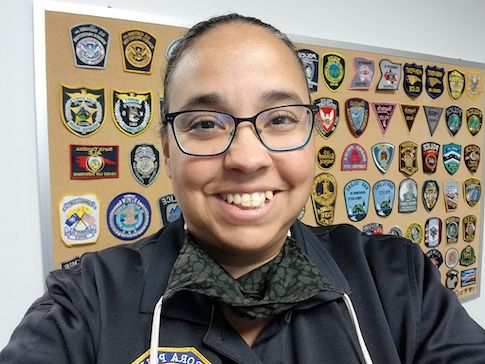
Lisa Provost began studying Forensic Biology at Guilford College, in Greensboro, N.C., where she received a bachelor’s degree in Forensic Biology. In December 2012, she joined the Fayetteville Police Department as a Forensic Technician.
During her time as a Forensic Technician trainee, Lisa completed a six-month instruction program with the Fayetteville Police Department which culminated with a one-week exam and oral review board. With the training and testing behind her, Lisa began working the road. Her passion for learning and for her work were the catalysts that pushed her to attend advanced training courses, in earnest. In May 2015, she was promoted to Forensic Supervisor overseeing Fayetteville PD’s Forensic Unit.
Four years later, Lisa accepted a position with the Aurora Colorado Police Department as a Forensic Supervisor. So, she and her husband, an Air Force veteran, packed their belongings and moved to Colorado.
In 2016. Lisa attended the Management Development Program at the N.C. Carolina Justice Academy. In its twenty-eight-year history, at the time the program was held, Lisa was the only civilian accepted into the program and, of the nineteen attendees in the program, Lisa was the only female. The five-hundred-hour leadership training program was completed over an eleven-month period and, besides the completion of her bachelor’s degree, is one of her proudest achievements.
In addition, Lisa has completed over five-hundred-hours of forensic training that includes basic death investigation, child death investigation, advanced child death investigation, and officer-involved shooting investigations.
Lisa Provost was was born and raised in NY state where she started dating the man who would later become her husband. The couple married in 1998, the time when he enlisted in the U.S. Air Force. In 2003, when her husband’s enlistment was complete, they moved to North Carolina.
Little Known Facts About Crime Scenes
An in-depth look at the problems and challenges with crime scene evidence such as fingerprints, arson, bite marks, and more. Instructor, Lisa Black
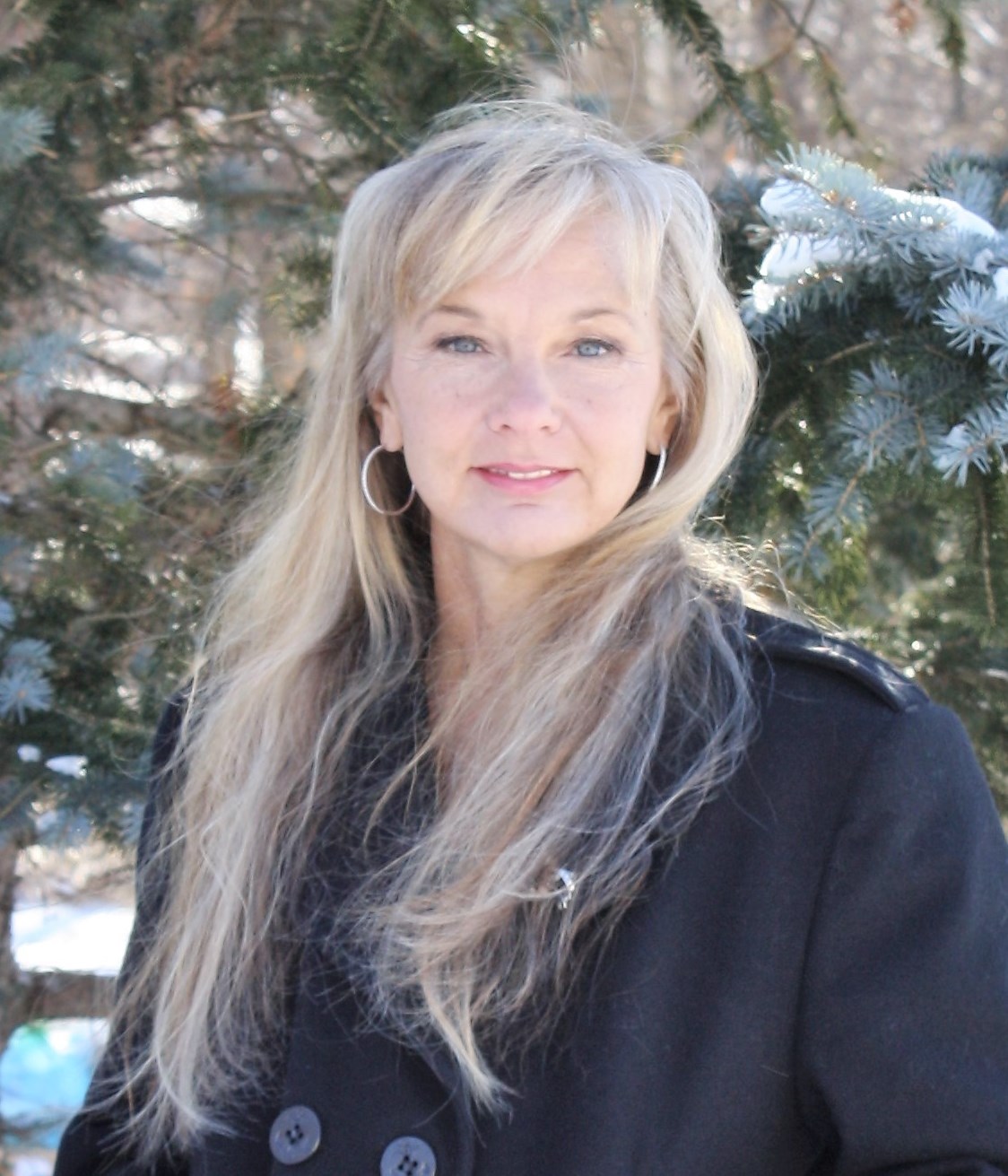
Lisa Black is the NYT bestselling author of 14 suspense novels, including works that have been translated into six languages, optioned for film, and shortlisted for the inaugural Sue Grafton Memorial Award. She is also a certified Crime Scene Analyst and certified Latent Print Examiner, beginning her forensics career at the Coroner’s office in Cleveland Ohio and then the police department in Cape Coral, Florida. She has spoken to readers and writers at numerous conferences and will be a Guest of Honor at 2021 Killer Nashville.
In her August release, Every Kind of Wicked, forensic scientist Maggie Gardiner and homicide detective Jack Renner track down a nest of scammers. www.lisa-black.com
More spectacular online workshops, seminars, and webinars are on the way!! Details about the January and February daylong seminars are coming soon!


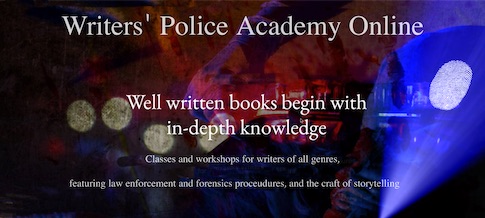

 No, they can’t deduct it from your bounty, don’t even ask. They try hard to make these emails from fake bank execs look authentic, with limited success, leading to emails like “the western union reaching you and the said the are waiting to hear a reply back from you so co-pirate with them so that the will transfer all your money thanks.” He never did explain what co-pirate meant, though it doesn’t sound good.
No, they can’t deduct it from your bounty, don’t even ask. They try hard to make these emails from fake bank execs look authentic, with limited success, leading to emails like “the western union reaching you and the said the are waiting to hear a reply back from you so co-pirate with them so that the will transfer all your money thanks.” He never did explain what co-pirate meant, though it doesn’t sound good. As technology advances, these schemes are falling behind the more modern telephone, text, social media messaging scams. They raked in over 700K last year, but that’s a drop in a $26 million overall bucket. In the meantime, we will continue to hang up on the spoofed phone numbers, decline friend requests from the fashion models and the hunky soldiers, and never, ever, click on the link.
As technology advances, these schemes are falling behind the more modern telephone, text, social media messaging scams. They raked in over 700K last year, but that’s a drop in a $26 million overall bucket. In the meantime, we will continue to hang up on the spoofed phone numbers, decline friend requests from the fashion models and the hunky soldiers, and never, ever, click on the link.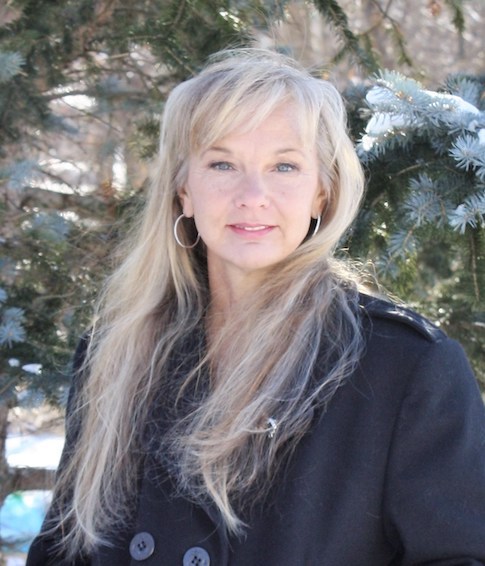 Lisa Black is the NYT bestselling author of 14 suspense novels, including works that have been translated into six languages, optioned for film, and shortlisted for the inaugural Sue Grafton Memorial Award. She is also a certified Crime Scene Analyst and certified Latent Print Examiner, beginning her forensics career at the Coroner’s office in Cleveland Ohio and then the police department in Cape Coral, Florida. She has spoken to readers and writers at numerous conferences and will be a Guest of Honor at 2021 Killer Nashville.
Lisa Black is the NYT bestselling author of 14 suspense novels, including works that have been translated into six languages, optioned for film, and shortlisted for the inaugural Sue Grafton Memorial Award. She is also a certified Crime Scene Analyst and certified Latent Print Examiner, beginning her forensics career at the Coroner’s office in Cleveland Ohio and then the police department in Cape Coral, Florida. She has spoken to readers and writers at numerous conferences and will be a Guest of Honor at 2021 Killer Nashville.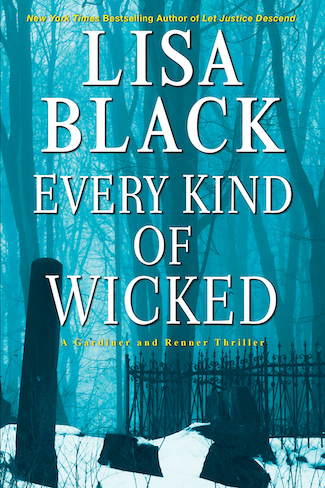

 Lisa Black has spent over twenty years in forensic science, first at the coroner’s office in Cleveland Ohio and now as a certified latent print examiner and CSI at a Florida police dept. Her books have been translated into six languages, one reached the NYT Bestseller’s list and one has been optioned for film and a possible TV series.
Lisa Black has spent over twenty years in forensic science, first at the coroner’s office in Cleveland Ohio and now as a certified latent print examiner and CSI at a Florida police dept. Her books have been translated into six languages, one reached the NYT Bestseller’s list and one has been optioned for film and a possible TV series.